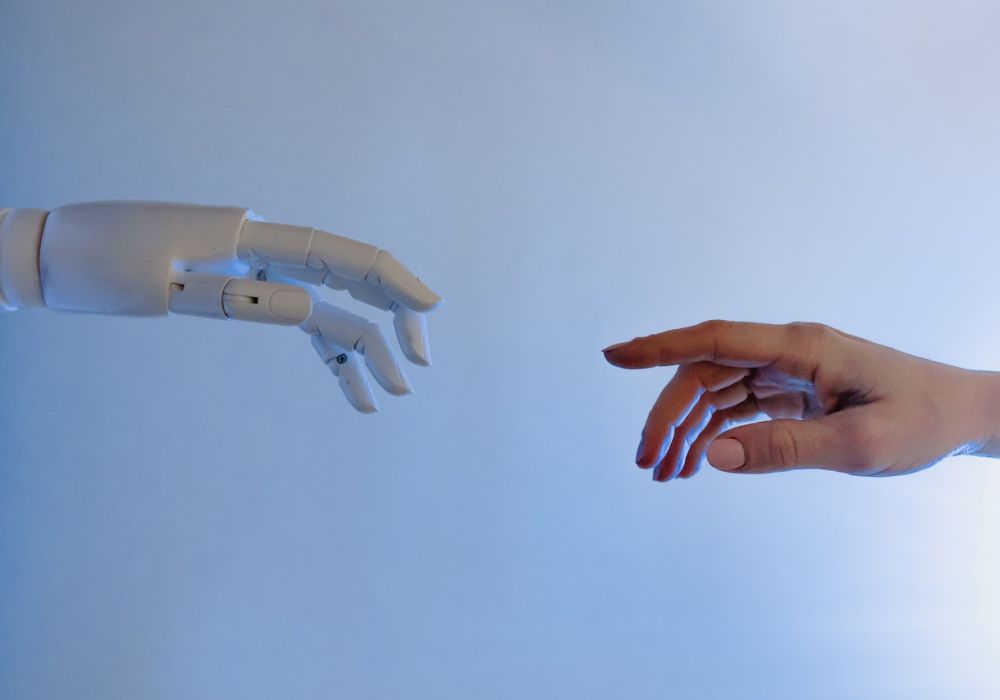Recruiting has always been a vital function in any organization, and with the rise of Artificial Intelligence (AI), the role of recruiters is transforming rapidly. The use of AI in recruiting is changing the way recruiters work, and it is opening up new opportunities for those looking to pursue a career as an AI recruiter. In this article, we will explore the past, present, and future of AI recruiting and what it means for those looking to become an AI recruiter.
Past: The Role of Recruiters
In the past, recruiters primarily relied on manual processes to source, screen, and hire candidates. Recruiters would sift through resumes, conduct interviews, and assess candidates based on their skills and experience. The process was often slow, and recruiters would spend a significant amount of time on administrative tasks. However, with the advent of technology, the role of recruiters began to evolve.
Present: The Rise of AI Recruiting
Today, AI is transforming the recruiting landscape. AI-powered tools can automate tasks such as resume screening, interview scheduling, and candidate communication. This has made the recruiting process more efficient and effective, enabling recruiters to focus on high-level tasks such as relationship building and candidate assessment. The use of AI in recruiting is also reducing bias and improving the candidate experience.
As a result, the role of recruiters is changing. Recruiters now need to have a solid understanding of AI and its applications in recruiting. They must be able to work with AI-powered tools and understand how to leverage AI to improve the recruiting process. They also need to be proficient in data analysis, as AI generates vast amounts of data that can provide valuable insights into the recruiting process.
Future: Opportunities for AI Recruiters
Looking to the future, the role of recruiters is expected to continue evolving. AI-powered tools are becoming more sophisticated, and the use of AI in recruiting is expected to increase. This means that there will be more opportunities for those looking to become an AI recruiter.
AI recruiters will need to have a deep understanding of AI and its applications in recruiting. They will also need to have strong analytical skills and be able to work with large amounts of data. In addition, they will need to have excellent communication skills, as they will be responsible for communicating with candidates and hiring managers.
AI recruiters will play a critical role in helping organizations attract and retain top talent. They will use AI-powered tools to identify the most qualified candidates, reduce bias, and improve the candidate experience. They will also provide valuable insights into the recruiting process, enabling organizations to optimize their recruiting strategies.
Conclusion
In conclusion, the rise of AI in recruiting is transforming the role of recruiters. The use of AI is making the recruiting process more efficient and effective, enabling recruiters to focus on high-level tasks. For those looking to become an AI recruiter, it is essential to have a solid understanding of AI and its applications in recruiting. They must also be proficient in data analysis and have excellent communication skills. With the increasing use of AI in recruiting, there will be more opportunities for those looking to pursue a career as an AI recruiter.
